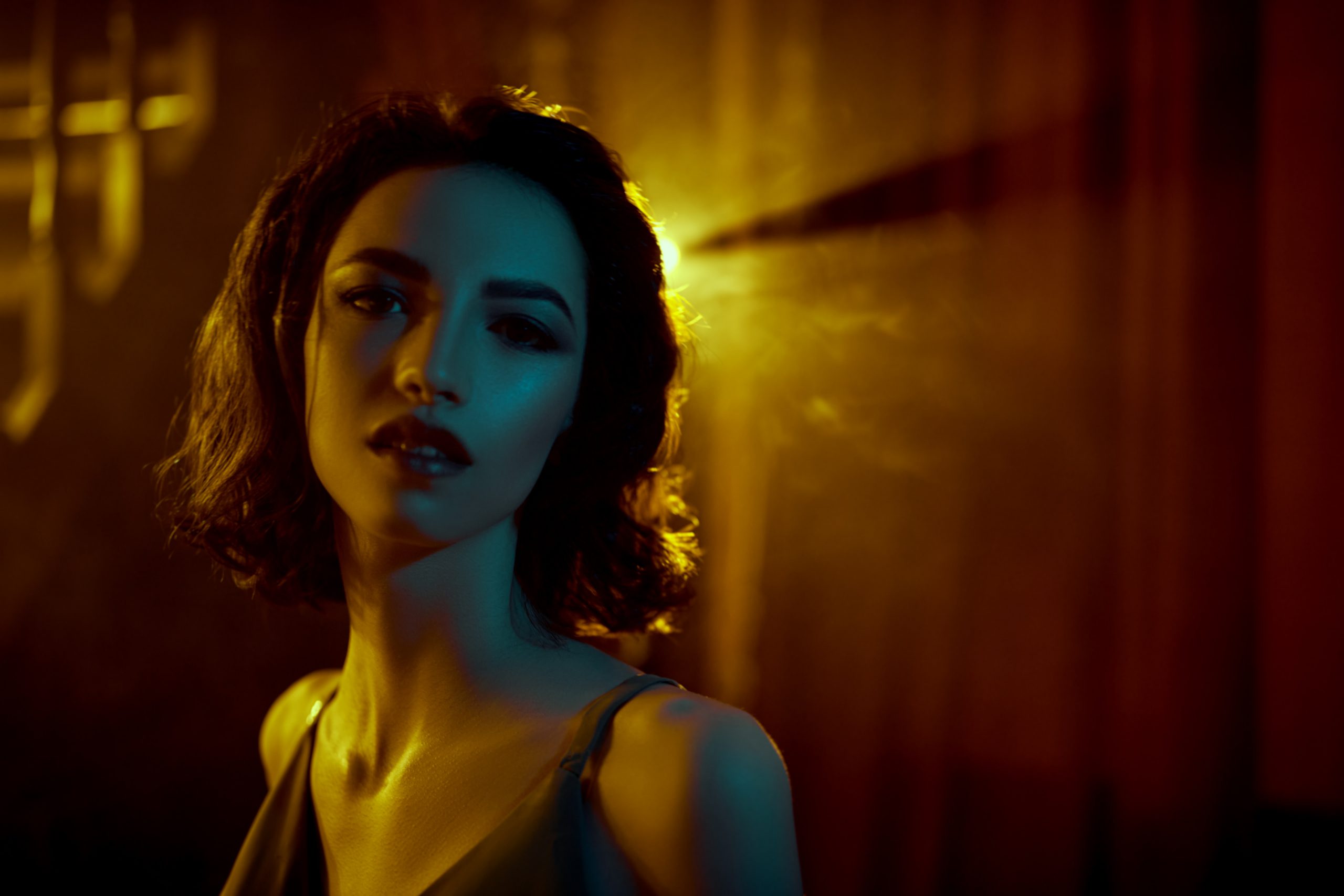I remember the first time I held a camera. It was my dad’s old film camera, clunky and heavy with a mechanical click that felt like magic. I was around ten, and the world seemed vast and mysterious. Capturing a moment felt like bottling a bit of that mystery to revisit any time I wanted. Today, cameras are everywhere, in every pocket, embedded in our phones. We’ve gone from carefully selecting which moments to capture to documenting almost everything. But what does that do to our memory and perception?
The beauty of photography lies in its power to freeze time. A photograph is a slice of life, a single moment preserved. Looking at an old photo is like looking through a window into the past. You see the people, the place, and perhaps even relive the emotions of that moment. But there’s a flip side. Sometimes, we rely too much on photographs to remember, and it can alter our natural memory process. I once read that when people know an event is being photographed, they subconsciously pay less attention, trusting the camera to remember for them. It’s a fascinating trade-off between living in the moment and preserving the moment.
I think of family gatherings, where a good chunk of time is spent arranging people for group photos. The posed pictures are nice, but it’s the candid shots that capture the essence of the day. A spontaneous laugh, a secret shared between siblings, or the way the light falls on a grandmother’s face as she tells a story. Those are the photos that matter because they’re not just images; they’re pieces of real life.
Yet, photography can also shape how we perceive reality. Take social media, for example. We scroll through curated snapshots of people’s lives, often forgetting that they’re just highlights. I once spent an entire afternoon trying to take the perfect photo of my morning coffee. Ridiculous, I know, but I wanted to capture that “perfect morning vibe.” It made me realize how easy it is to get caught up in presenting an idealized version of life. We compare our behind-the-scenes with everyone else’s highlight reel and sometimes forget that the messy, unfiltered moments are just as valuable.
Photography also has the power to influence our memories. I remember a particular summer vacation with my family. We visited a beautiful beach and took tons of photos. When I think back to that trip, I notice that my memories are heavily tied to the images we captured. I remember the trip through those photos, even though the actual experience was much richer and multi-layered. It’s a curious phenomenon: the photograph becomes the memory.
In a way, photographs are both a blessing and a curse. They allow us to hold on to memories but can also trap us in the past or create an unrealistic view of the present. As I see it, the key is balance. Embrace the camera, but don’t let it overshadow the moment. Take photos, but also take mental snapshots — those little mental notes of how the sun felt on your skin or how your friend laughed at your joke.
Photography is a powerful tool, a way to connect with the past and present. It can shape how we see the world and how we remember it. But sometimes, it’s good to put the camera down and just be. After all, some moments are best lived, not captured.




